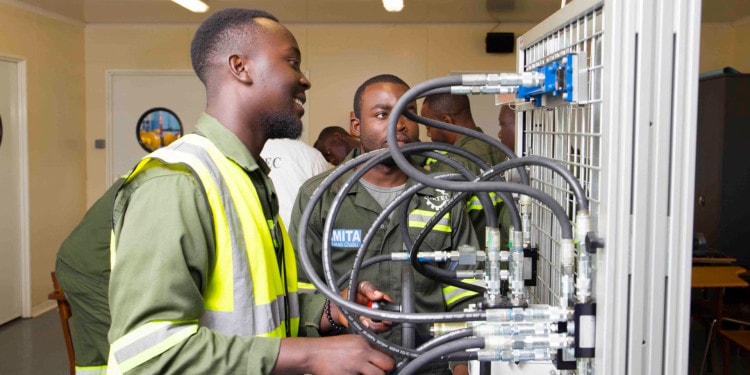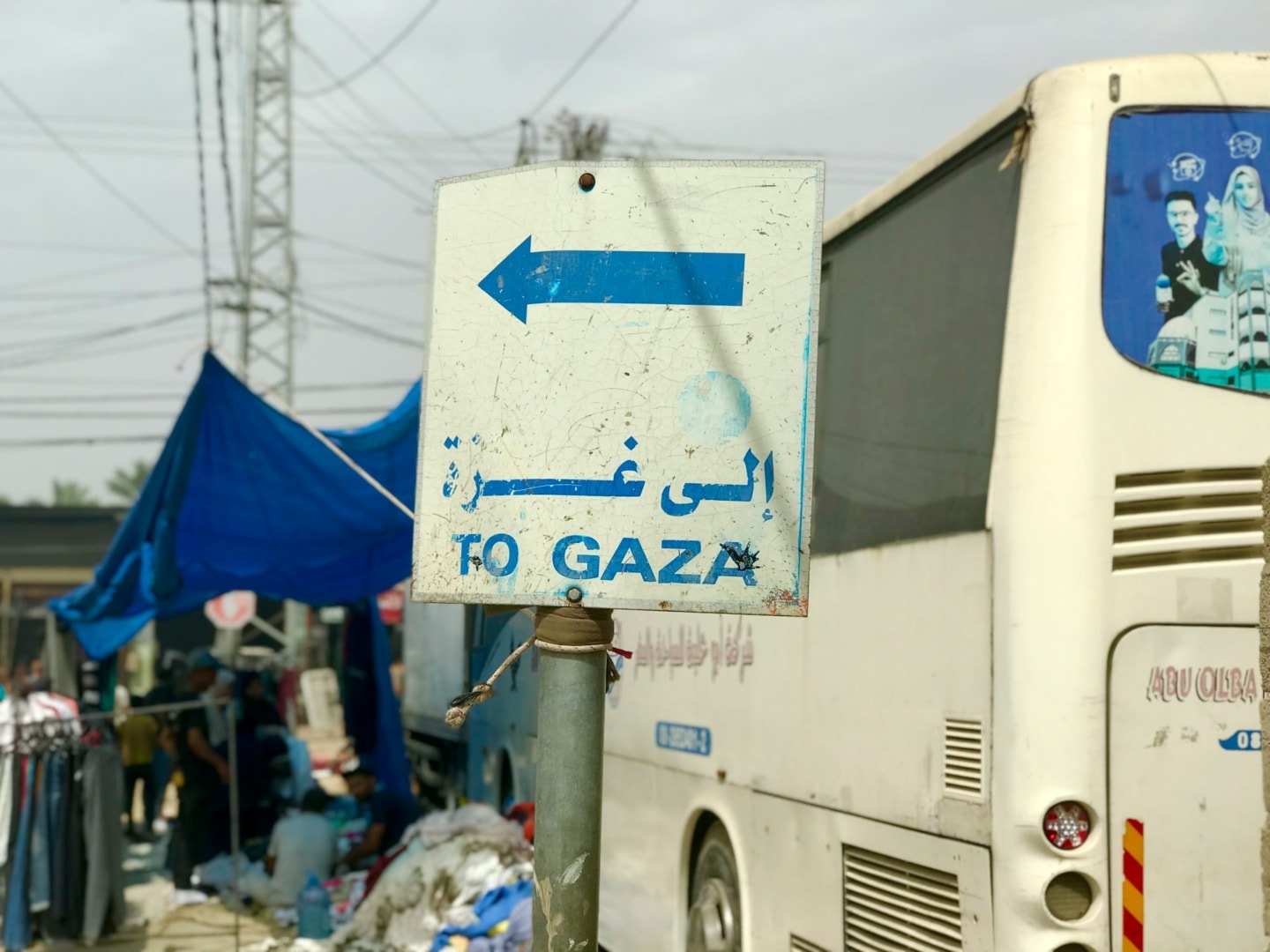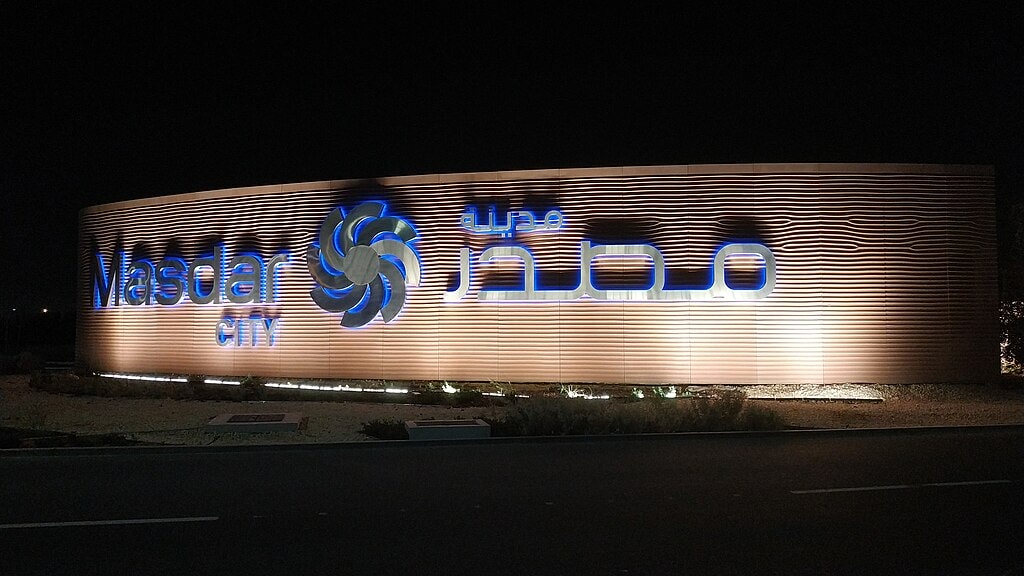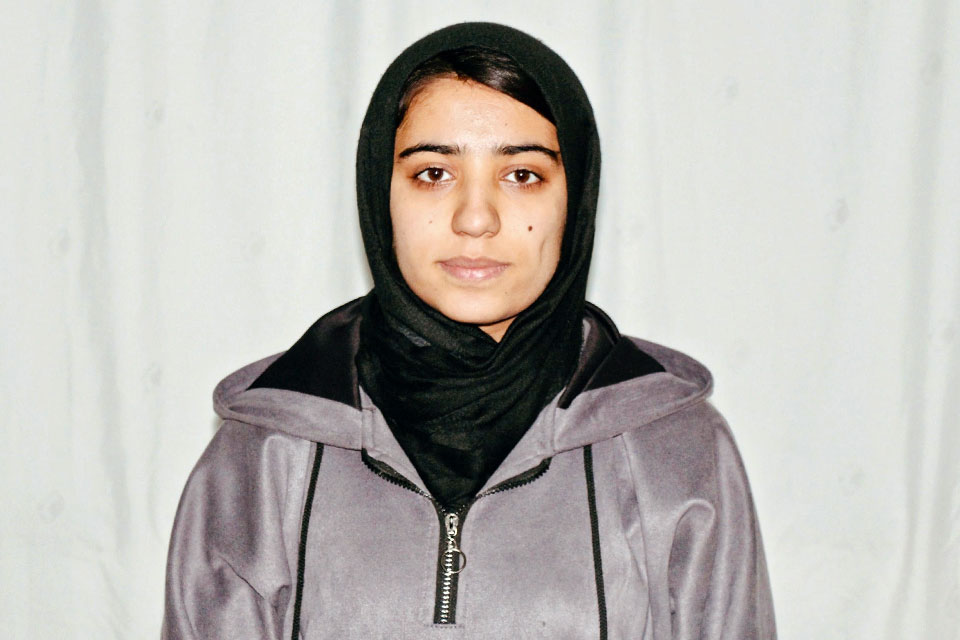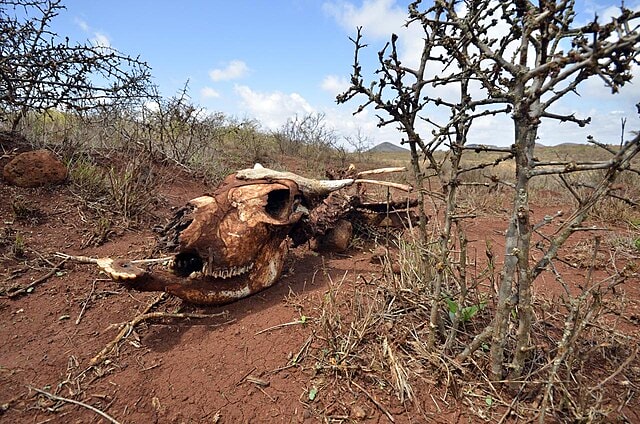With less than ten years left to achieve the Sustainable Development Goals (SDGs) of the Agenda 2030, the COVID-19 pandemic has not facilitated the race against time. “The pandemic has claimed more than 2.5 million lives and caused an unprecedented socioeconomic crisis that has threatened decades of our advances,” said the UN Deputy Secretary General Amina Mohammed. Action is needed more than ever.
One effective way of moving progress forward and achieving several SDGs is by investing in industrial skills development. The United Nations Industrial Development Organization (UNIDO) is committed to promoting inclusive and sustainable industrial development (ISID) in developing countries, fostering international cooperation to advance the 2030 Agenda. Developing the skills for a better equipped industrial workforce is the mission of the Learning and Knowledge Development Facility (LKDF), a platform focused on high quality education and training (SDG4) as well as promoting inclusive and sustainable industrialization (SDG 9), by strengthening partnerships between the public, the private and the development sector (PPDPs) (SDG 17).
The SDGs in the African continent
Africa’s immense potential in developing its human capital can be clearly seen in LKDF’s projects and achievements. From South Africa to Morocco, PPDP projects in the sectors of water management, Boom & Bucket heavy machinery and forestry have been setting the example on how to effectively contribute to the SDGs.
In Morocco, H2O Maghreb established a high-level training hub to deliver market-oriented training in wastewater treatment and water management, effectively targeting SDG 6 (clean water and sanitation for all), a major challenge to the region due to its population growth and precipitation decline. The project had 75% of their first batch graduates employed within six months after their training was concluded, directly contributing to SDG 4 (quality education) and SDG 8 (decent work and economic growth) in the region. Also, the project has made substantial efforts to increase the participation of women (SDG 5) in the technical sector: 75% of the trainees who joined the first three intakes were female. These figures become even more remarkable when considering how low the level of female participation is in the country’s labour force: one quarter of young women from rural areas are economically active, and only 12% in urban areas.
Related Articles: Promoting Gender Equality for Industrial Development – What Can We Do? | Invest in Young Women for the Future of Africa’s Public Leadership
Another project in the MENA region, ACCES Morocco, contributes to the 2030 Agenda in partnership with the Volvo Group. The modern training academy focuses on training young Moroccans and developing their driving skills. Because of its strategic geographical location, Morocco has been strengthening its position as a regional road transport hub. However, road accidents and fatalities are a real challenge to the country’s social and economic development, as it costs an estimated 2.5% economic loss to the Moroccan GDP (IBRD). The project, by partnering (SDG 17) with organizations such as the United States Agency for International Development (USAID), Volvo Group and the Government of Morocco, was able to offer a market-oriented program for skills upgrading and consequently, placing an overall of 480 young Moroccans in the job market.
In Zambia, the project ZAMITA has also partnered with organizations such as the Swedish International Development Cooperation Agency (Sida), and the Northern Technical College (NORTEC) to take action towards the SDGs. One of the youngest countries in Africa (36.7% of the total population is between 15 to 35 years old), Zambia faces a real challenge with youth unemployment. By fostering skills development in transportation, mining and construction sectors, the project has made real progress on SDG 1 (no poverty) by bolstering youth employment in these key sectors and SDG 2 (zero hunger) by ensuring equipment for food production. In addition, ZAMITA also continuously contributes to SDG 8 (decent work and economic growth) when skills gaps are filled and its graduates successfully enter the job market. Lastly, ZAMITA supports gender equality (SDG 5) ensuring a 13% increase in female participation in the academy, and overall attracting more than 680 students into the academy in just two years.
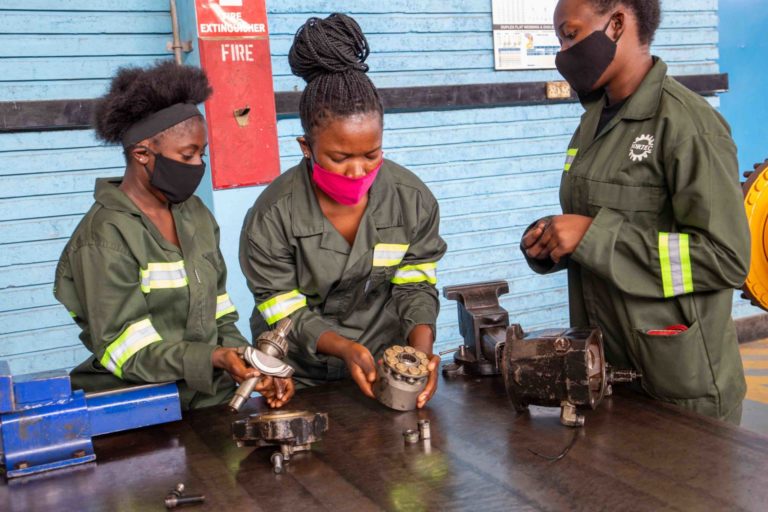
In South Africa, Zimbabwe, Zambia and Malawi, SADC Forest continues to improve the life of people in Africa by offering education and training for sustainable forest management and utilization, directly supporting quality education (SDG 4) and decent work and economic growth (SDG 8). Local communities are positively impacted by the project through job creation, business contracts, and skills training workshops which have an approximate intake of 1.000 students per year. One of the project’s goals is to make available a Forestry Qualification Diploma to 5.000 students.
Do you want to learn more about the impact of LKDF’s projects in the achievement of the SDGs in the African continent? Watch the video:
https://www.youtube.com/watch?v=yQdASdIPUpY&feature=youtu.be
The Future
It is essential that societies, the public and private sector, and international organizations focus on contributing to the 17 SDGs and incessantly support the 2030 Agenda. In the Decade of Action, it is time to accelerate sustainable solutions.
If you or your organization would like to take action, do not hesitate to contact the LKDF team at lkd-facility@unido.org to learn how to engage in partnerships, projects, and advocacy activities. Together, we can better embrace the challenges and foster development for a better future.
— —
Did you know that UNIDO can help your country monitor performance and progress towards SDG-9 industry targets?
UNIDO’s Industrial Analytics Platform (IAP) is an innovative data-driven knowledge platform that provides novel insights and evidence-based analysis on topics of industrial development worldwide. The IAP recently launched the SDG-9 Industry Tracker, an innovative data tool based on a multidimensional index that monitors performance and progress towards SDG-9 industry targets. The Tracker helps UNIDO Member States and the international community to build capacity towards evidence-based decision-making by tracking and benchmarking manufacturing value added, employment, emissions, and technological progress against economies around the world.
Do you want to learn more about UNIDO’S IAP? Get in touch!
Adnan Seric: a.seric@unido.org
Fernando Cantu Bazaldua: F.CANTU@unido.org
Editor’s Note: The opinions expressed here by Impakter.com columnists are their own, not those of Impakter.com — In the Featured Photo: HEED Students. — Featured Photo Credit: UNIDO


